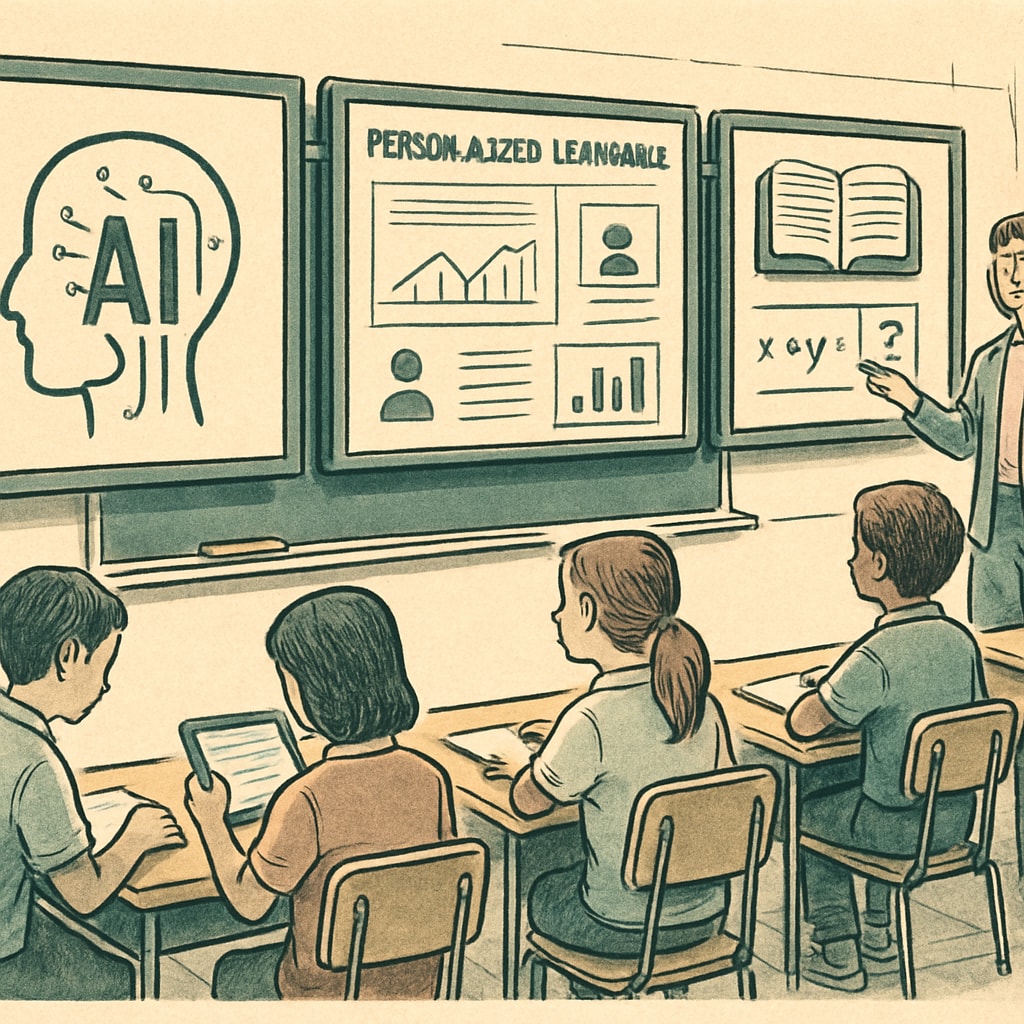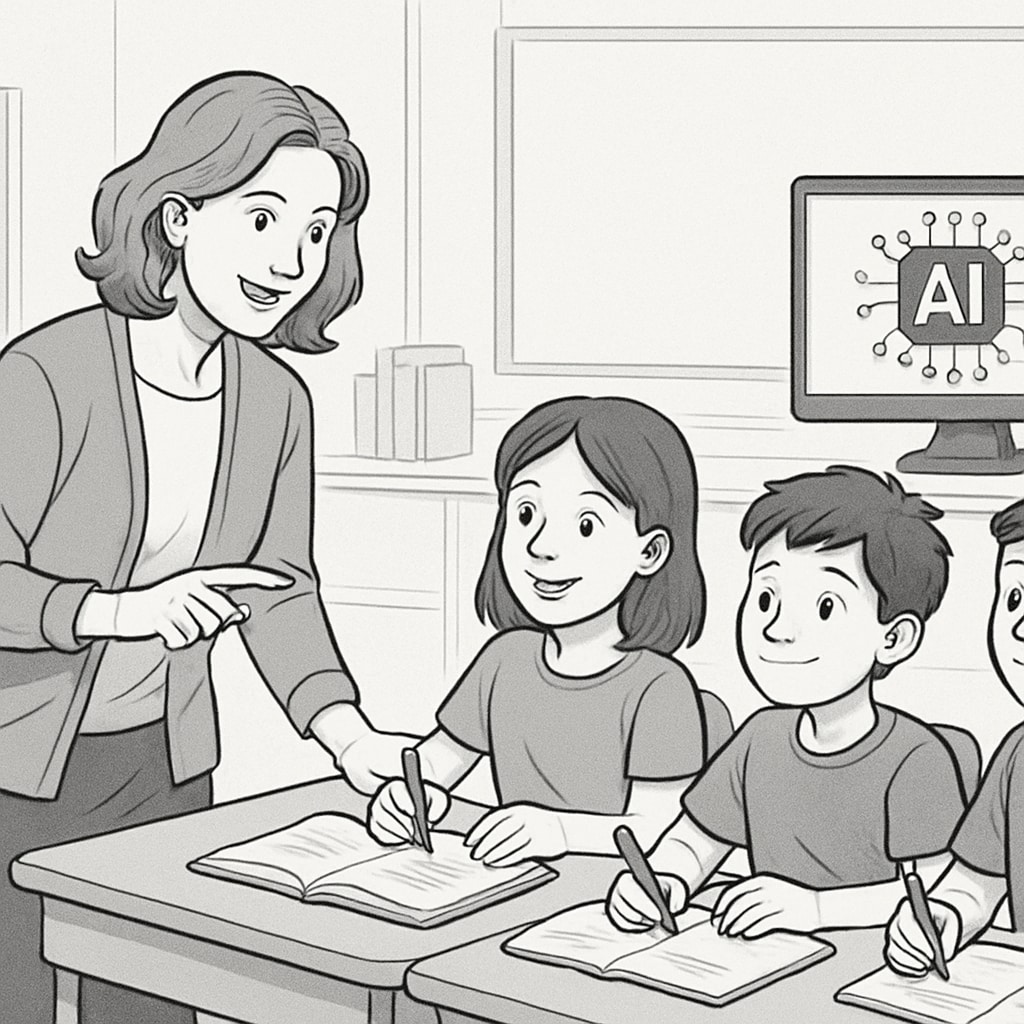Artificial intelligence (AI) is poised to revolutionize school education, bringing significant future impact to areas such as personalized learning, the evolving roles of teachers, and the transformation of assessment systems. Over the next decade, K12 education will experience a paradigm shift as AI becomes increasingly integrated into learning environments. This article examines the opportunities and challenges presented by AI, offering insights on how educators can adapt to this rapidly evolving landscape.
Personalized Learning: A Tailored Educational Experience
One of the most profound impacts of artificial intelligence on school education is its ability to enable personalized learning. AI-powered tools such as adaptive learning platforms analyze student data, including learning styles, strengths, and weaknesses, to create individualized lesson plans. For example, systems like adaptive learning algorithms can adjust the pace and content of instruction based on student performance.

In addition, AI tutors can supplement traditional teaching by providing students with instant feedback and assistance outside of the classroom. As a result, students can progress at their own pace, fostering a deeper understanding of subjects. However, educators must ensure that such technologies complement, rather than replace, human interaction, which remains vital for holistic development.
Redefining Teacher Roles in the Age of AI
As AI becomes more prevalent in schools, the role of teachers is expected to evolve. Rather than focusing solely on delivering content, educators will increasingly act as facilitators and mentors, guiding students in critical thinking, collaboration, and emotional intelligence. Tools like AI-driven grading systems and automated administrative tasks will free up time for teachers to focus on these higher-order skills.

However, this transition requires educators to adopt new competencies, including technological literacy and the ability to work alongside AI systems. Training programs and professional development initiatives will be essential to prepare teachers for this shift, ensuring that they can leverage AI effectively while maintaining their unique human touch.
Transforming Assessment Systems
Traditional assessment systems often rely on standardized testing, which can fail to capture the diverse capabilities of students. AI offers the potential to transform this approach by enabling continuous and comprehensive evaluation. Intelligent systems can track student progress in real-time, assessing not only academic performance but also skills such as creativity and problem-solving.
For example, AI tools like AI-driven analytics can generate detailed reports on student strengths and areas for improvement, allowing educators to make data-driven decisions. However, educators must address concerns regarding data privacy and the ethical use of AI in assessment to build trust and ensure fairness.
Opportunities and Challenges Ahead
The integration of AI into school education brings numerous opportunities, including enhanced learning outcomes, reduced workload for educators, and the ability to cater to diverse student needs. However, it also poses challenges such as technological accessibility, ethical considerations, and the risk of over-reliance on automation.
- Opportunities: Improved efficiency, personalized instruction, and better tracking of student progress.
- Challenges: Ensuring equitable access to AI tools, addressing privacy concerns, and maintaining the role of human educators.
To navigate these changes, schools must adopt a balanced approach that combines technological innovation with a focus on human interaction and ethical practices.
Conclusion: Artificial intelligence is set to reshape the future of school education, offering transformative impacts across multiple dimensions. By embracing these changes proactively, educators can leverage AI to create a dynamic and inclusive learning ecosystem that prepares students for the challenges of tomorrow.


